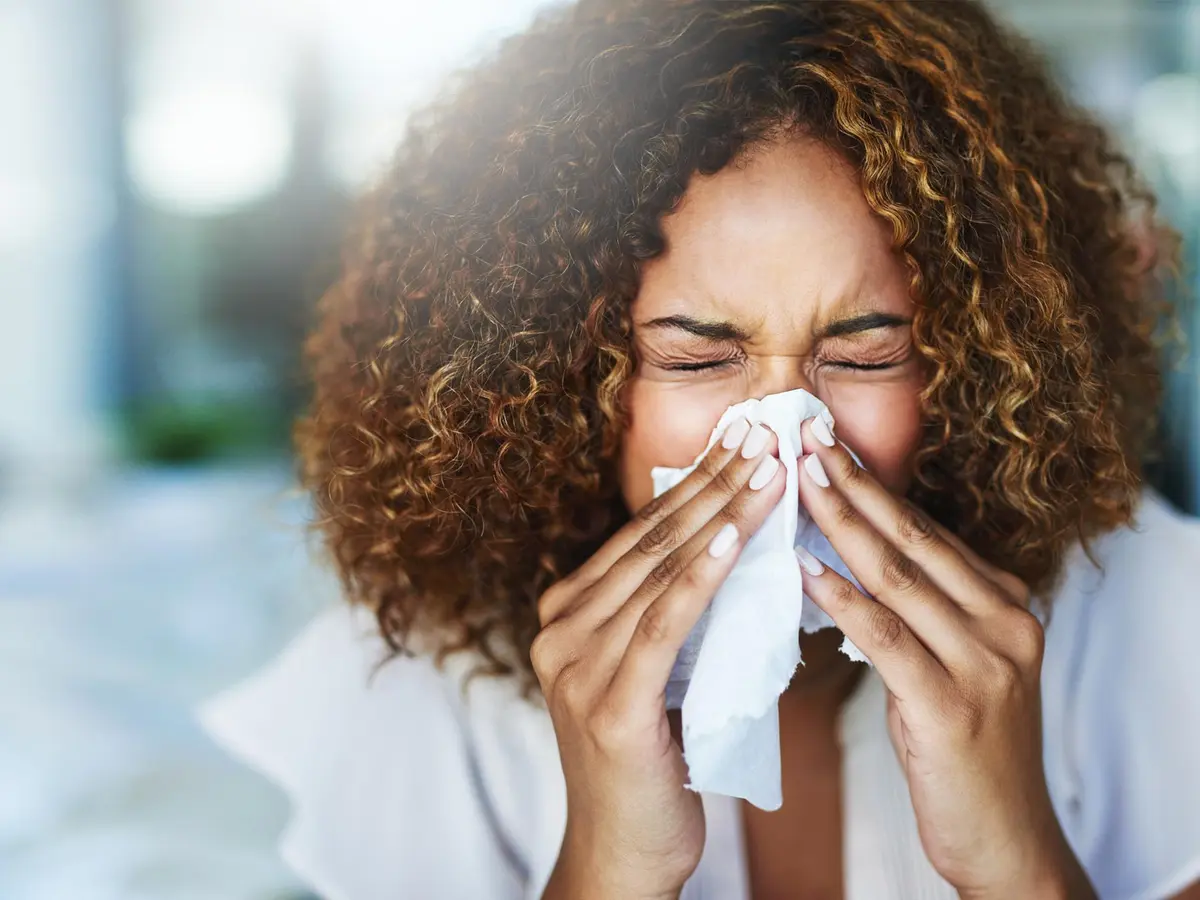With the change in seasons currently happening, many people are affected by seasonal allergies that affect their eyes amongst other areas of the body. Seasonal allergies, also known as allergic rhinitis, can significantly affect the eyes, resulting in dry, red, irritated eyes which can be very uncomfortable to deal with. This occurs when your immune system overreacts to environmental substances such as pollen, mould spores, and dust mites.
When these allergens come into contact with the eyes, it can lead to a variety of uncomfortable symptoms, and in more severe cases, allergic conjunctivitis. In this blog post, reputable opticians group R Woodfall helps us discuss the symptoms and how to best deal with seasonal allergies that affect the eyes.
THE SYMPTOMS OF SEASONAL ALLERGIES
Below are the signs and symptoms of seasonal allergies to watch out for. If you have multiple of these symptoms when the seasons change, you may have allergies you’re not aware of.
Itchy eyes: Eye itching is a hallmark symptom of seasonal allergies and even allergic conjunctivitis. This itching can range from being mild to severe, and is often the most frustrating symptom of seasonal allergies that people report.
Redness: Allergens that interfere with the eyes can often result in the blood vessels on the surface of the conjunctiva to become red, inflamed, and blood shot. This makes your eyes appear red and swollen, which is a tell-tale sign of seasonal allergies.
Watery eyes: Another common symptom of seasonal allergies is when your eyes become overly watery. Excessive tearing is a response to the irritation from allergies, it’s your eyes trying to rid themselves from these allergens. This explains why so many people suffer from watery eyes as a result of seasonal allergies.
HOW TO MANAGE SEASONAL ALLERGIES AFFECTING YOUR EYES
To best manage your seasonal allergies, you can try the following tips:
Avoid allergens when you can: It can be hard to avoid allergens but here are some ways in which you can minimise your exposure. When it comes to mould spores, avoid damp leafy, muddy areas. For pollen, keep your windows closed and avoid outdoor activities during peak pollen season. You can also use air purifiers too.
Use eye drops: You can fund over-the-counter antihistamine eye drops in pharmacies. This can help relieve the itching sensations and help soothe your eyes from the irritation. Producing artificial tears is known to help with this. Always tell your doctor before using any new medication.
Try a cold compress: Another thing known to help relieve your eyes from irritation is a cold compress. Apply to closed eyes when you’re feeling irritation and the coldness can provide relief and even help to reduce inflammation.
If your symptoms still persist, it’s important to contact your doctor or optician for professional medical advice.
